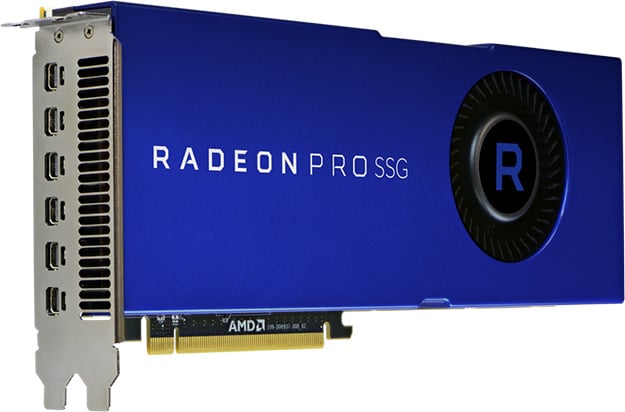AMD Radeon Pro ReLive Update Brings Driver Switching To Professional Vega Cards

Just last week, AMD rolled out a Crimson ReLive software update in preparation for its official unveiling of Radeon RX Vega graphics cards for consumers, which it announced over the weekend at SIGGRAPH. Now it is doing the same for new professional grade Vega cards that were introduced as well, and with it comes some nifty features.
Perhaps the most noteworthy feature upgrade that AMD's Radeon Pro Software Crimson ReLive Edition 17.8 brings to professionals is driver switching. Here is the thing—professional graphics cards based on Vega are fully capable of playing games, but the driver packages they run on are tuned for work-level applications, not pumping out fast framerates in games. This is where the driving switching capability comes in handy.

Click to Enlarge
"This feature will enable faster iteration during game development workflows by allowing rapid switching between professional and gaming software. By switching to Radeon Software, professionals will also be able to unwind with their favorite game on the same system they were working on," AMD says.
Developers working on games can switch over from the Radeon Pro driver to the regular Radeon driver for consumers and test out their code. And if the work day gets too draining, they can blow off some steam by switching drivers and playing games. That's pretty nifty.
AMD's latest driver package for professionals also introduces an update to Radeon ProRender, a physically-based rendering engine that helps professionals create photorealistic images. It is now fully compatible with Blender and will integrated into the upcoming R19 release of Maxthon Cinema 4D. In addition, the ProRender add-in for Solidworks gains new features such as support for car paint appearances.
There are a couple other smaller tidbits. The newest drivers enables a higher maximum recording bitrate of up to 100Mbps, better security through a built-in chip on Vega cards, and support for Dell's UP3218K, the world's first 8K monitor.

